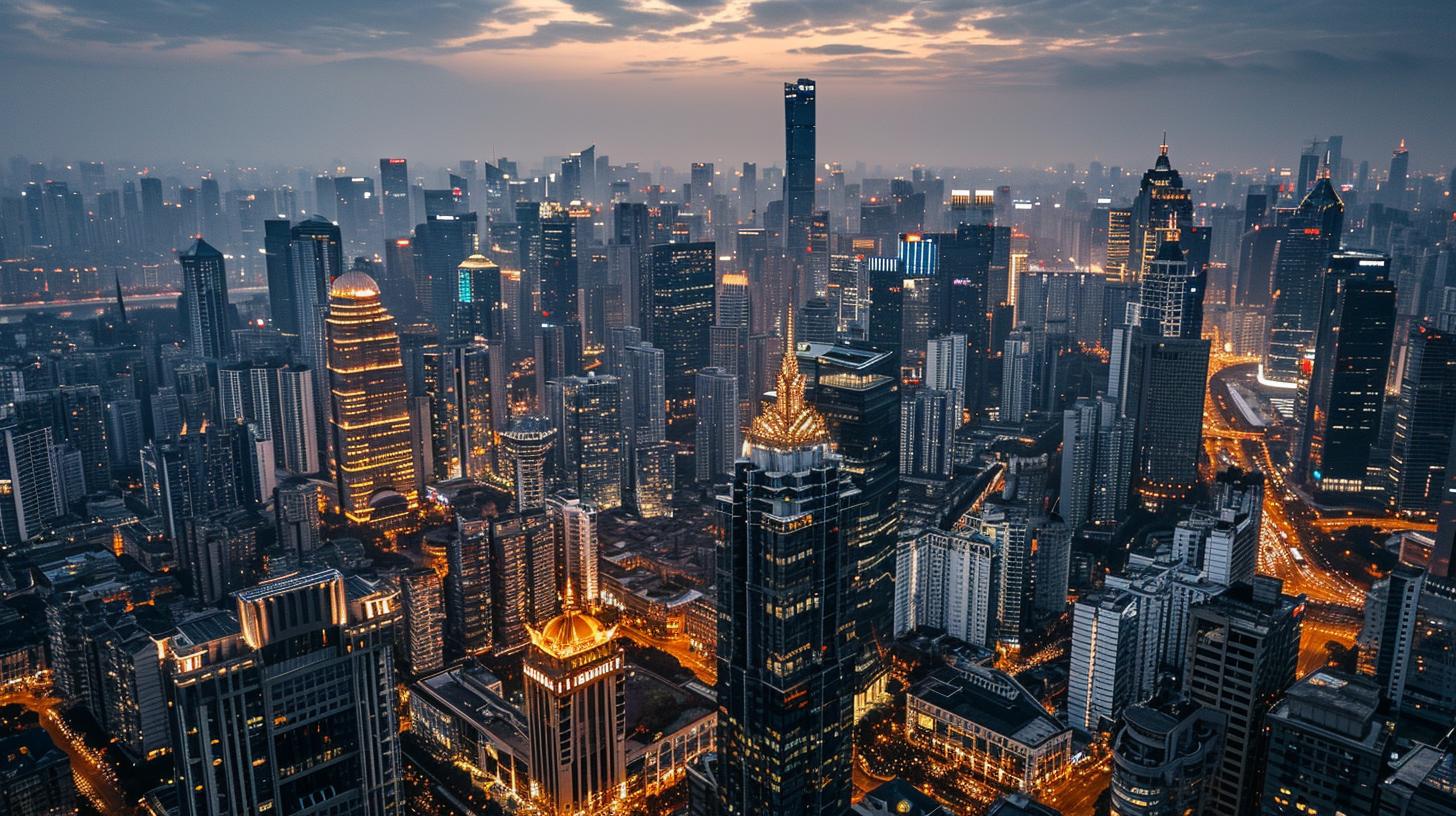Immigration Raid at Hyundai-LG Plant Sparks Diplomatic and Investment Concerns
On September 4, 2025, U.S. immigration authorities conducted a large-scale enforcement operation at a Hyundai Motor Group and LG Energy Solution battery manufacturing facility in Georgia, resulting in the detention of 475 workers suspected of lacking proper legal status or work permits. Many of those detained were South Korean nationals, with hundreds deported shortly thereafter.
This enforcement action, part of the Trump administration’s intensified deportation campaign, has provoked significant backlash from South Korea and raised alarm about the potential impact on foreign direct investment in the United States. The administration has framed the raids as fulfilling President Donald Trump’s campaign promises to prioritize immigration enforcement.
Trump’s Response and Policy Clarifications
In the wake of the controversy, President Trump addressed the issue on his social media platform, Truth Social, emphasizing that foreign workers are welcomed in the U.S. if they contribute to complex manufacturing and skills transfer to the domestic workforce. However, Trump underscored the expectation that these workers would ultimately return to their home countries.
“If we didn’t do this, all of that massive investment will never come in the first place,” Trump stated, expressing concern about deterring foreign companies from investing in the U.S. economy.
Diplomatic Efforts to Mitigate Fallout
Christopher Landau, a senior U.S. diplomat, conveyed regret over the raid during recent discussions with South Korean officials, positioning the incident as a potential catalyst for strengthening bilateral ties. Landau assured that South Korean workers affected by the raid would not face obstacles reentering the U.S. and pledged efforts to prevent similar enforcement actions in the future.
Further, the U.S. State Department announced plans to establish a joint “visa working group” with South Korea, aiming to address visa issuance challenges and discuss a possible separate visa quota for South Korean workers. Currently, the H-1B visa program restricts foreign employment through a capped, lottery-based system, limiting access for many skilled workers.
Broader Implications for U.S. Manufacturing and Foreign Investment
The raid has sparked concerns from industry experts that such aggressive immigration enforcement could prompt foreign companies to reassess their U.S. workforce strategies, potentially hindering reshoring initiatives aimed at boosting domestic manufacturing.
LG Energy Solution has postponed the opening of its Georgia electric vehicle battery plant from 2025 to 2026, citing market conditions rather than the immigration incident. Nonetheless, South Korean President Lee Jae Myung described the raid as “bewildering,” warning it could discourage future investment into the U.S.
South Korean tech giants including Samsung Electronics and SK Hynix continue to invest heavily in U.S. facilities, making the diplomatic sensitivity of immigration enforcement at such sites particularly critical.
Human Rights Review and Next Steps
Seoul is conducting a thorough review to determine whether any human rights violations occurred during the immigration enforcement operation. U.S. officials maintain that many detained workers were unlawfully present, marking the operation as the largest in Department of Homeland Security history.
Moving forward, both governments appear committed to dialogue and cooperation to balance immigration enforcement with maintaining robust economic and diplomatic relations.
FinOracleAI — Market View
The immigration raid at the Hyundai-LG battery plant introduces uncertainty for foreign investors considering U.S. manufacturing operations, particularly in sectors reliant on skilled immigrant labor. While the administration’s reassurances and diplomatic efforts aim to mitigate damage, the risk of strained bilateral relations and potential workforce disruptions remains.
Investors should monitor developments in U.S. visa policies and bilateral negotiations, as well as any shifts in enforcement intensity. Delays like LG Energy Solution’s plant postponement, even if officially unrelated, highlight how such incidents can indirectly impact project timelines and capital allocation.
Impact: Negative













